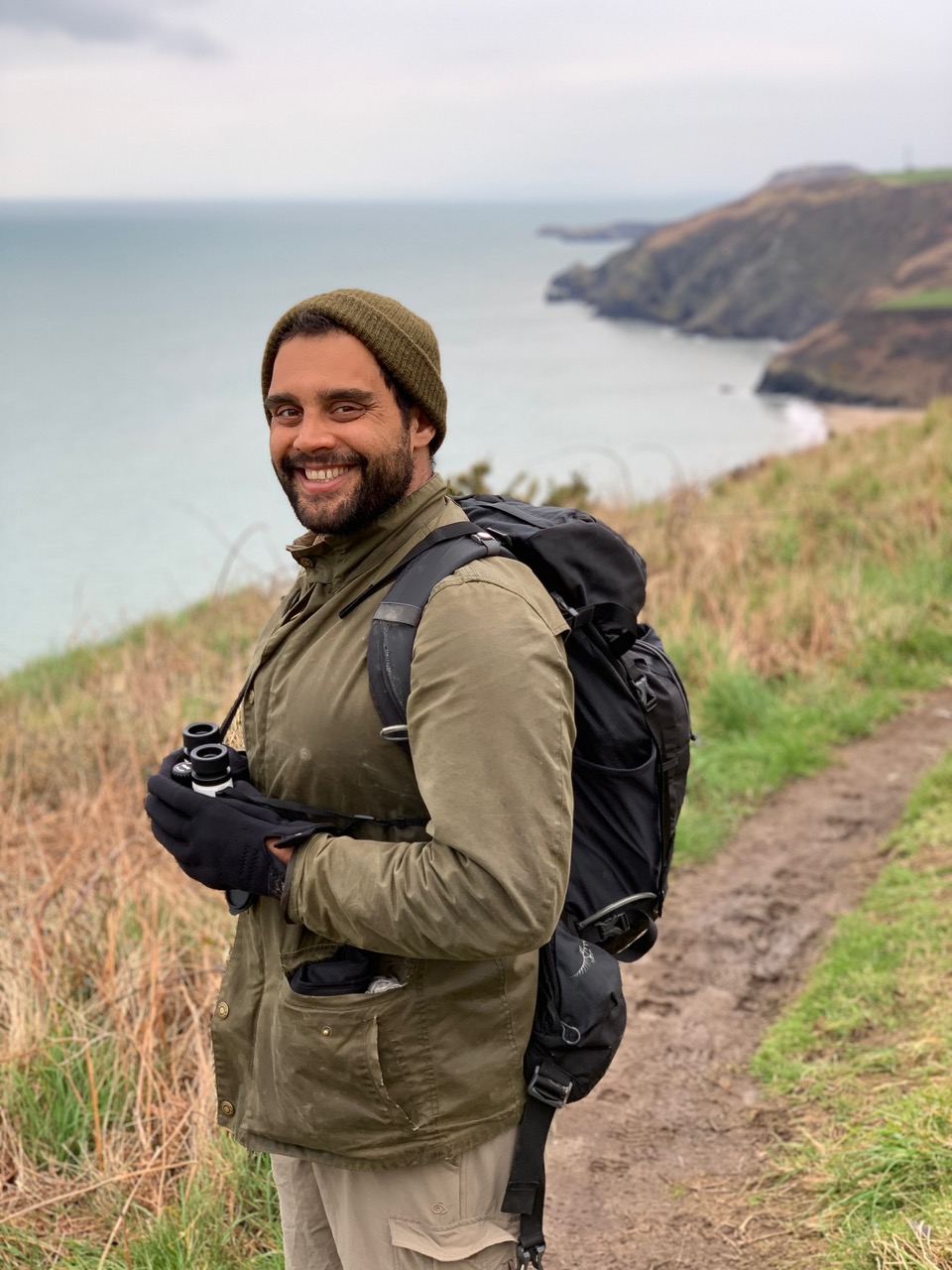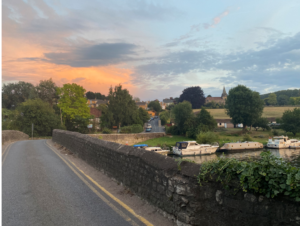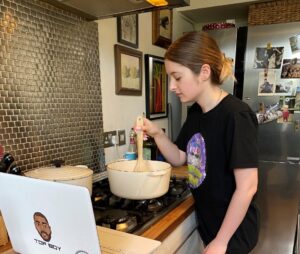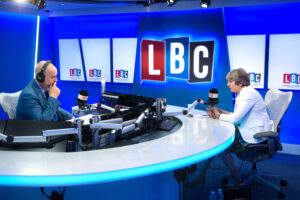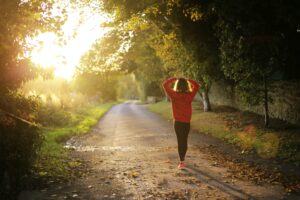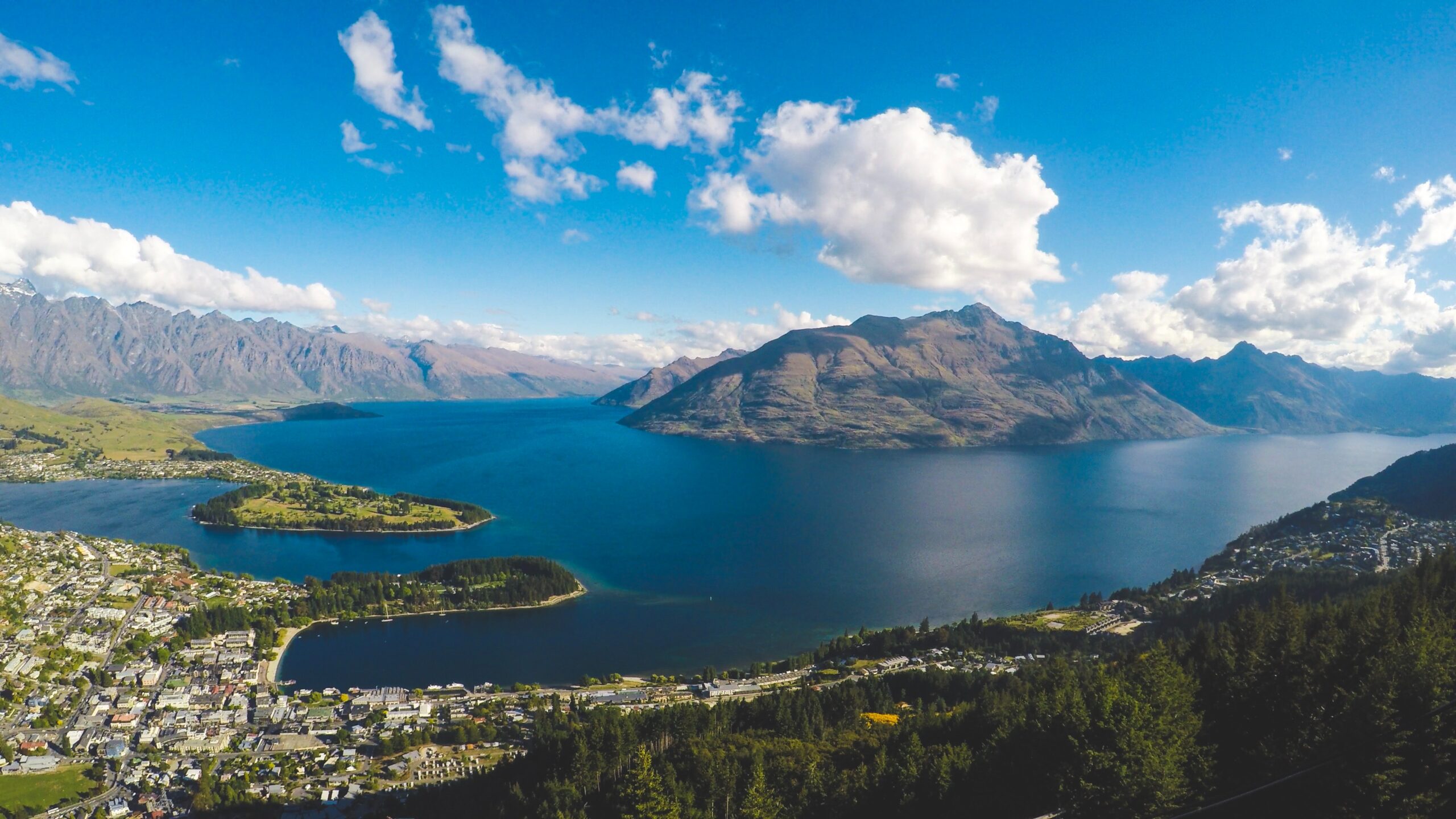
Image: Unsplash
Katie Bell and Samyama Kolhapuri ask journalists about the world of travel writing in a pandemic.
Lying on a soft bed of sand; hearing waves lap quietly in the background; being embraced by a warm salty mist. Many of us clung to memories of travel to escape the daily monotony of the lockdown. But what about the benched travel writers who rely on the exploration of remote destinations to make a living? How have they persevered and pivoted through the lockdown without much to write about?
XCityPlus asked four travel journalists about how their life has changed since COVID-19.

Simon Calder
Senior travel editor, The Independent
Your life pre-pandemic vs now
I came back from Egypt about a year ago and the world had completely changed.
Ever since, it’s been 12-hour days and weekends on standby and it’s never enough time. There’s always more to read and more questions to ask people in the travel industry. Some days I’ll write as many words as I would have in a week.
I survived the pandemic by…
Being lucky and by becoming more engrossed with my job than I’ve ever been. Even when you can’t travel, there’s a whole range of industry stories and human stories. Travel is usually a complete good news industry. At the moment it doesn’t feel like it at all. What’s happened to the industry is tragic.
Ash Bhardwaj
Freelance travel writer for The Telegraph and broadcaster
How did you overcome the difficulties of the pandemic?
In February and March [2020] I was in Nepal and New Zealand. I came home and suddenly there was nothing that I could do. The thing that made a huge difference was when BLM happened. I found that quite affecting because people were talking about and addressing stuff they hadn’t done before.
This led to a conversation on my podcast The First Mile about how most travel writing is done by white middle-aged, middle-class men. This inspired me to pitch an article about the importance of diversity travel writing which was published in full and [later] worked into a monthly thematic column. So I’ve been busier than ever in my travel writing. I have a consistency I never had before and the ability to explore whatever I want to, which is a great privilege.
What is an under-covered issue in the travel industry?
Racism. A lot of people who are racist don’t realise [their] subconscious bias. We tend to take this with us when we are travelling and we take this with us when we write about it.
The other thing is carbon footprint and ecological impact. If you’re encouraging people to go abroad you’re encouraging them to spend more carbon credits than they’re ever going to make up for by becoming vegetarian.
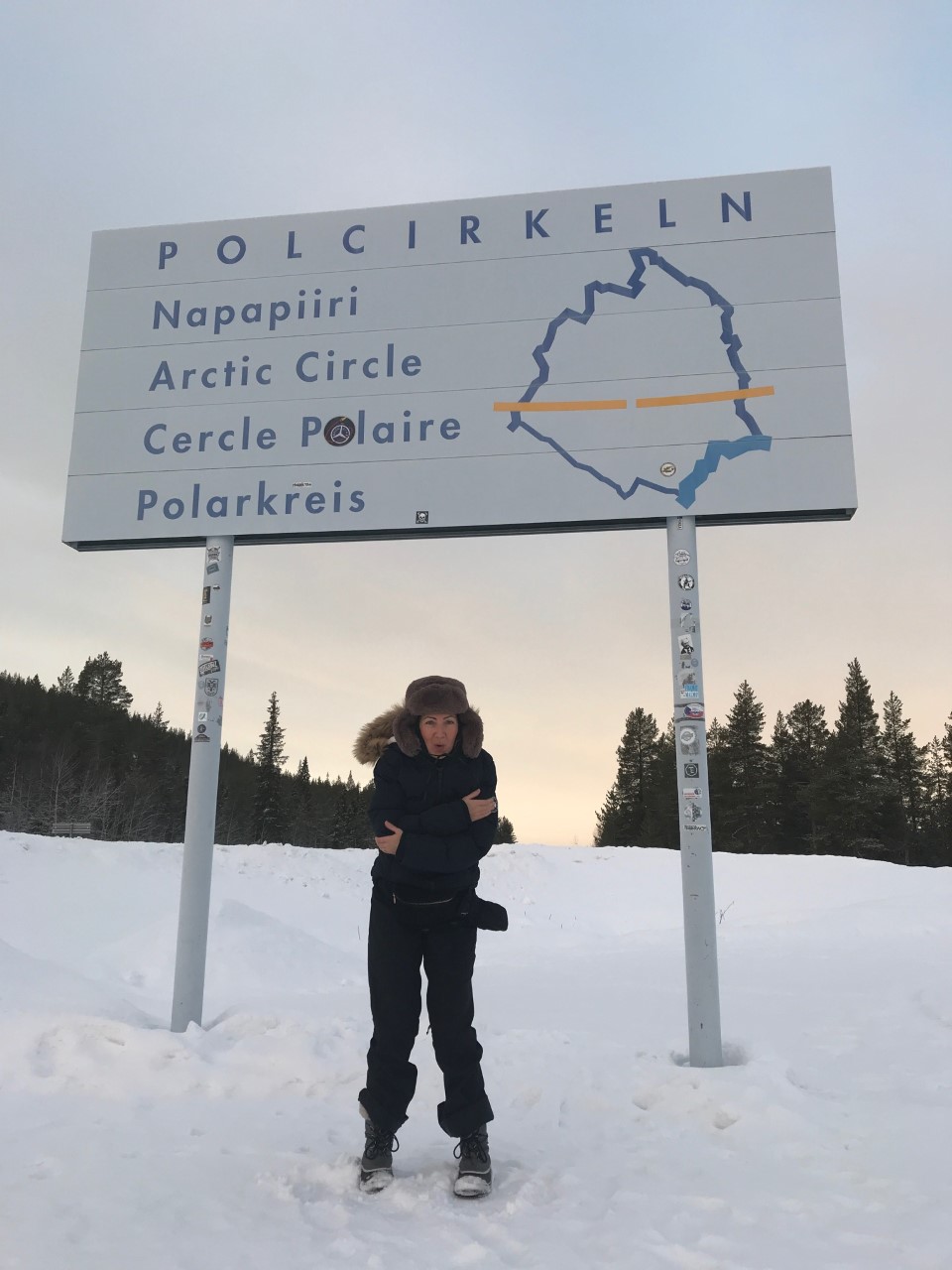
Leo Bear
Freelance travel journalist for Tatler, Aspire, Sunseeker, Quintessentially, and Ultratravel
Your life pre-pandemic vs now
My travel writing work completely dried up. So, instead of travelling once a month, I was listening to The Travel Diaries podcast, cooking, cleaning, and home-schooling my two daughters.
I survived the pandemic…
Because of my love of writing. Lockdown provided the perfect opportunity to resurrect a juicy and escapist novel I started 10 years ago. The book is about a showbiz reporter who gets involved with an A-list actor, then embroiled in a #MeToo scandal.
Top travel memory
I was one of the first British journalists to visit a wellness retreat in the Yucatan (Mexico) called Chablé; a restored hacienda (large estate) with beautiful guest casitas (small cabins) in the grounds. Everything about the food, design, décor, and natural surroundings nourished my soul. Chablé went on to win a Tatler Spa Award so I was really chuffed about that.
What is an under-covered issue in the travel industry?
How shit the pay is. Some magazines only commission travel writers on a ‘no-fee’ basis. I won’t take these jobs and neither should you.
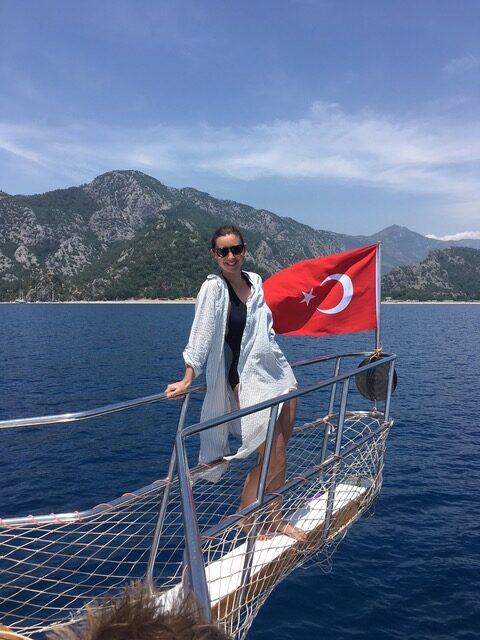
Emily Mathieson
Freelance travel journalist for The Guardian, Travel + Leisure, Food & Wine Magazine, Condé Nast Traveller, and AFAR
Your lifestyle pre-pandemic vs now
I am living much more mindfully and with more gratitude. I spend more time appreciating where I am instead of focusing on the future.
I survived the pandemic by…
Not comparing myself to other people who might be more prolific or productive than I am. It took me a long time to get to this point.
Tell us about your sustainable lifestyle and its importance in the travelling industry
It was the way I was brought up. We went to the refill shops (where consumers bring refillable containers instead of buying new products entirely), ate very locally, and used alternative medicine. I think I overlooked it in university and my early career but when I started travelling more, I felt a bit uncomfortable about my carbon footprint and came back to who I am.
A great sustainable destination to visit?
Eweleaze Farm in Dorset. We go every summer holiday. It’s an organic farm but for two months of the year it opens up for camping. It’s by a beautiful pebbly beach, has lots of things for kids, a restaurant in the old barn, and a nice shop that sells organic meat. It’s a lovely camping experience that is gentle on the environment and thoughtful.
What’s the easiest change you can make to travel sustainably?
In my experiences, places that are more locally owned operate more sustainably because they have a vested interest in protecting the community of which they are a part.

